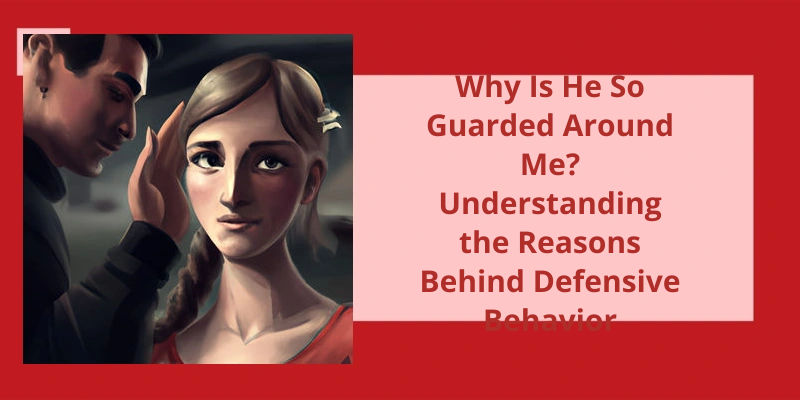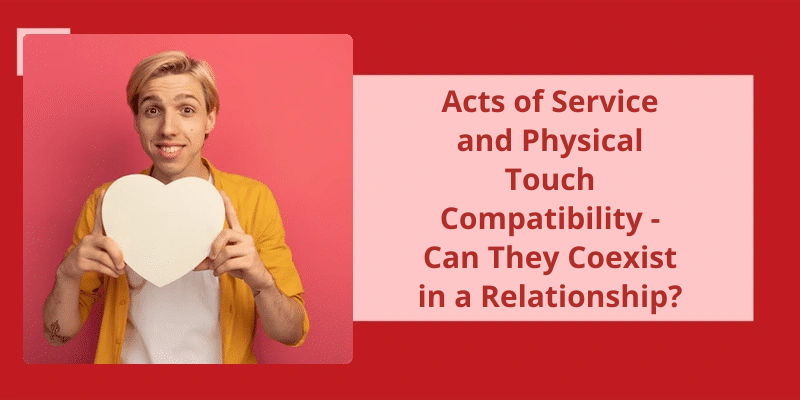Marriage is often considered as the ultimate expression of love. It’s an emotional bond between two individuals who commit to share their lives together through thick and thin. However, not all marriages are built on a foundation of love and affection. For some couples, marriage is a union forged for practical reasons, social prestige, financial stability, or even to escape loneliness. It's a complex and emotional question that begs more questions. If your husband married you but didn’t love you, you may wonder why he did so in the first place. Was it due to societal pressure, family expectations, financial reasons, or a misguided sense of obligation? Is it possible that he may have loved you at some point, only to fall out of love over time? The truth is, there are no easy answers to these questions and only you and your husband can uncover the reasons behind your marriage.
Why Would a Guy Not Want to Marry You?
Some men may feel that they haven’t yet achieved enough in their careers or in their personal lives to settle down and start a family. They may be focused on building their wealth or pursuing their passions, and don’t want to be tied down by the commitments and responsibilities that come with marriage. Others may simply not believe in the institution of marriage itself, viewing it as an outdated or unnecessary tradition.
In some cases, a man may be afraid of commitment or have trust issues that prevent him from fully opening up to someone and making a lifetime commitment. He may have been hurt in the past, or he may simply be apprehensive about the idea of sharing his life with someone else. These fears can be difficult to overcome, and may require professional help or a lot of patience and understanding from a potential partner.
Another reason why a man may not want to marry someone is that he simply doesn’t feel emotionally connected to that person. While there may be physical attraction or shared interests, if there isn’t a deeper level of emotional intimacy and trust, marriage may not be on the table. It can also be difficult to build that emotional connection if one or both partners aren’t open to vulnerability and honesty in the relationship.
He may have doubts about whether they’re truly compatible in the long term, whether their goals and values align, or whether they can truly build a life together. It’s important for couples to have open and honest conversations about their future plans and goals, and to ensure that they’re on the same page before making a lifelong commitment like marriage.
While it can be disappointing or even heartbreaking, it’s important to remember that not every relationship is meant to last forever, and that there’s someone out there who’ll appreciate and cherish all that makes you unique.
The Social and Cultural Expectations Around Marriage and It’s Impact on Individual Choices
- Marriage is a social and cultural institution that’s deeply ingrained in many societies.
- In many cultures, there are certain social and cultural expectations surrounding marriage that can have a significant impact on individual choices.
- For example, in some cultures, marriage is seen as a necessary step towards adulthood and financial stability.
- This can put pressure on individuals to get married even if they may not be ready or willing to do so.
- In other cultures, there may be expectations around who an individual can marry, such as religious or cultural restrictions.
- These expectations can limit an individual’s choices and make it difficult for them to pursue relationships outside of what’s deemed acceptable.
- It’s important for individuals to recognize these social and cultural expectations and to make choices that feel true to themselves and their own values.
Conclusion
In conclusion, the decision of why someone chooses to marry someone else is a highly complex and personal one that’s often difficult to fully understand. While some may choose to marry out of love and passion, others may do so for a variety of different reasons such as familial pressure, financial security, or even a sense of duty or obligation. Whether that means seeking counseling or making the difficult decision to move on from the relationship, it’s important to remember that you deserve to be with someone who truly loves and cherishes you for who you are.






